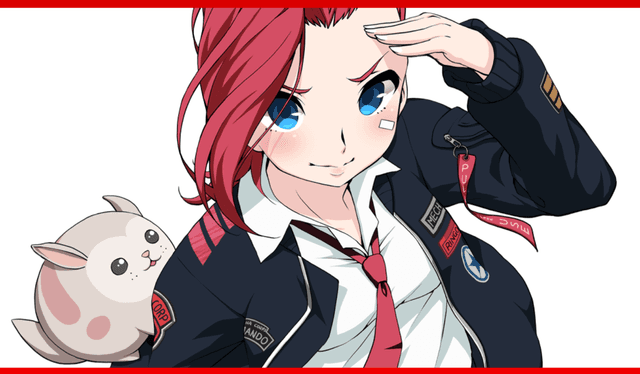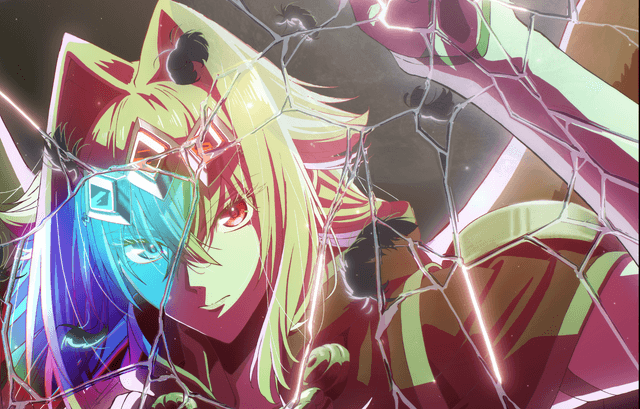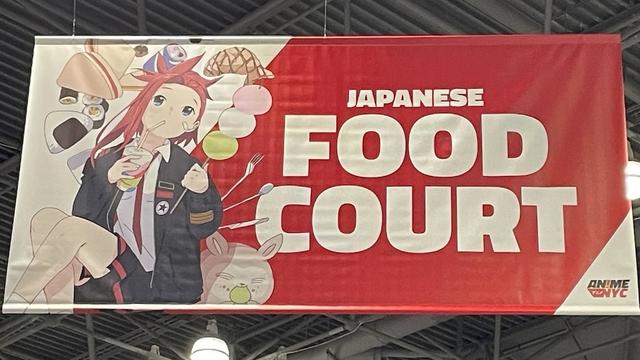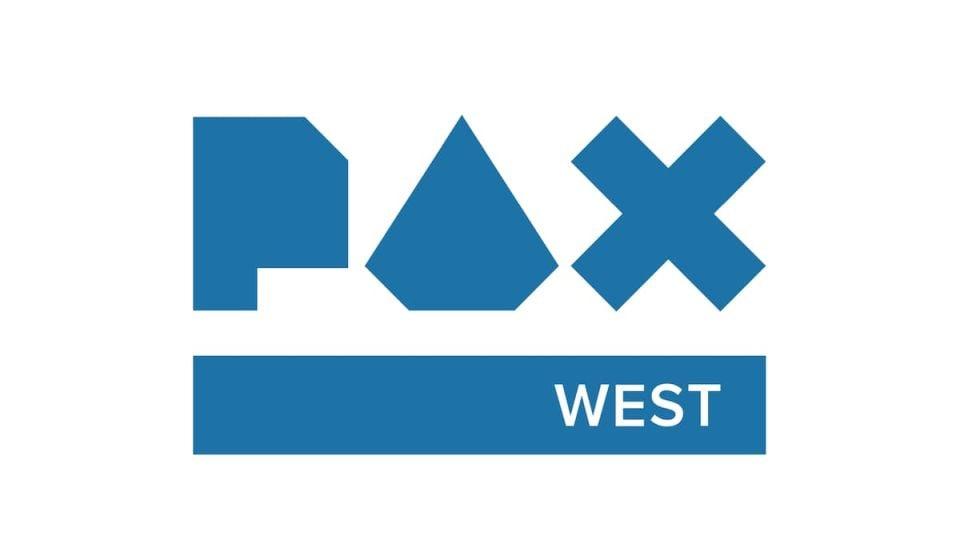If you click on a link and make a purchase we may receive a small commission. Read our editorial policy.
Attack on Titan's Hajime Isayama brings laughter, revelations (and a few tears) to Anime NYC
In his first American appearance, Hajime Isayama talks Attack on Titan, the influence of the anime version on his writing, and the series’ unexpected connection to Game of Thrones

This weekend during Anime NYC, Attack on Titan creator Hajime Isayama made his first-ever American appearance, at a standing room only panel hosted by Titan publisher Kodansha USA.
Over the past 12 years, Isasyama's 34 volume award-winning series has become an international manga and then anime sensation. At their booth in the exhibition hall, Kodansha dedicated an entire wall to fan notes of appreciation to Isayama. "Thank you for bringing me a wonderful memory in my childhood," one person wrote. “Thank you for creating Levi, a beautiful human being, said another.” “The beginning was wild...," wrote a third. "The ending was wilder.”
At a panel dedicated to him, the soft-spoken Isayama was posed a series of questions about the series, with answers translated by Kodansha YouTube host Misaki Kido. The conversation revealed a thoughtful, self-effacing artist who still isn’t sure if his book was a success or a failure, and who first came to manga in the most unexpected of ways.

Here is an excerpt of that conversation transcribed:
How did you become interested in being a manga artist?
When I was younger I really liked manga. I think it was elementary school when I participated in this school activity that does recycling. We were recycling a bunch of sacks with paper, including some manga magazines, some Shonen Jump. That was one of my early exposures to manga.
What inspired the premise for Attack on Titan?
When I was younger, I’d seen this artwork by an artist named Kiyosi Yamashita who did a work called 'Kaiju.' This was a really impactful image for me, to the point that I still remembered it when I got older.
[In Yamashita’s bright yellow and blue painting, enormous monsters attack a hillside community who fight back with cannons. Amongst the beasts is a huge one-eyed giant who seems unperturbed by the cannonballs hitting his body.]
I was inspired by many things, many media as I do my work, but this was one of the earlier inspirations for Attack on Titan.
Before it became the manga series that it’s known for today, you actually submitted Attack on Titan as a one shot [the 2006 Humans vs. Titans]. What kind of feedback did you get?
When I started to aspire to become a mangaka, I started to go to the publishers in Tokyo to show my work. But at that time my artwork really wasn’t up to par. I thought, I’ll go to one more publisher, and if they reject me, my dream is pretty much over.
So I went to Kodansha and I met with an editor. He was actually the very first person to say 'Wow, this is really good work!' I was very happy to receive this feedback, but also at the same time I was like, 'Is he for real?' I had my doubts.
About a half a year or so after my original submission, I continued to think about working on [this] manga. Like, when I’m riding the train I’m thinking about it, every waking moment I was thinking about creating this story.
How did the story evolve as it was serialized?
My main concern [when the series started] was not to get cancelled. I would say 80% of manga gets cancelled before it even matures. Maybe it goes on to 2 volumes of stories, and then it gets cancelled. You might not even be able to make back the initial investment you have created to make the manga.
I didn’t want to be the 80% of manga that get cancelled, I wanted to be the 20% survivor. It took me a while to come up with a plotline that is simple to describe: humanity living in a world with man-eating titans, almost coming to extinction. That one liner was very easy for many people to understand, and I think that might have something to do with the success of the series.

Not only do we have titans that are terrifying but such an amazing and diverse ensemble cast. How did you develop the characters?
When I start work on creating a character, I usually start from developing the appearance of the characters and then think of the details, how they would be interacting and put into action in the plotline of the story that I’d like to tell.
We are introduced to a whole new place when the setting moves to Marley. What was it like introducing the Marley cast?
When I started the Marley story arc, I think I was having the most fun of the entire series. At that time I was really into TV shows like Game of Thrones and Breaking Bad. I got the inspiration for Gabi from Arya from Game of Thrones. And Breaking Bad’s Jesse Pinkman was the inspiration for Falco.
[The crowd went wild at these revelations.]
What was it like depicting war while showing both sides’ perspectives?
When I started the Marley story arc, as you remember, most of the original main cast have gone completely off the map. And so I spent a great deal of time developing these new characters so readers would be emotionally engaged with them. And when I brought back Eren and the main cast as the enemy, I really wanted to evoke people’s emotions. Why would you do such horrible things? I wanted to have an open discussion over which side you’d rather take part in.
Did you know how you wanted to end Attack on Titan from the beginning?
From the very beginning I knew the conclusion, but the details of what the main characters would be doing to get to that point were not yet determined. And when the anime Attack on Titans started, I was very inspired by the work of the animators and also the voice actors. It started to really shift my portrayal of the main character Eren to be more of a 'good guy.' In order to convince the readers of his intentions and decisions, I really had to steer the stories to make it convincing.
I still have doubts within myself, did I land the ending? I’m not so sure. I still struggle on this point, and I’m very sorry about that.
[The crowd applauded at this point, making it very clear that they loved the ending.]
I am trying not to cry.
Do you have a favorite character?
I really like all the characters that I created, including the villains. I think my favorite character changes seasonally. Right now it’s Jean. It was really fun to write Jean, because he was like this delinquent that became much better later in his life. To be able to write his growth in that way was very fun for me.
Do you have a favorite moment?
You know how Sasha and Connie continuously call each other idiots—“You’re an idiot,” “No, you’re an idiot”—and they’re both actually idiots? Those kinds of moments are really fun to draw.
Another episode that I really like is the flashback of Commander Keith. I think I was able to tell a story that was beyond my own ability, which also turned into part of the major plot as well. About that aspect, I’m proud of myself.

What is the best part and the most challenging part about making manga?
The most challenging part is the lack of sleep. Toward the end of Attack on Titan I was probably sleeping 2-3 hours a day and that went for entire weeks.
[People in the crowd yell "Arigato" at this.]
In terms of the best part of working on manga, it’s the money. I was really broke before I started to work on manga and literally nobody from my friends and family really believed in my success.
Somebody just yelled 'thank you,' "Arigato." Back at you. Thank you for reading Attack on Titan.
What advice would you give to other creators?
One thing I could say to all the creators out there is Do Your Thing. Really, you have an 80% chance of failing, so you might as well go big and fail big and do your thing, and try to fulfill your dream.
Do you have a final message for all of your fans here today?
I want to express gratitude to all the fans out there. Especially after I wrapped up the story, I really wasn’t sure how to feel about it, and I was having a really difficult time digesting this. I was carrying this heavy feeling.
And I was kind of in this rut for quite a long time, until maybe yesterday when I had signings and I got to talk to fans individually, and many of them told me 'That anime was awesome! It was great!' Those kind words really hit me.
I really feel great gratitude to the fans who gave me this opportunity to come all the way to New York City and meet you all. It has been a great experience for me.
This interview has been condensed and edited for clarity.
Manga giant VIZ Media reveals Summer 2023 print releases at New York Comic Con 2022
About Anime NYC
Dates
-
Follow Popverse for upcoming event coverage and news
Find out how we conduct our review by reading our review policy
Let Popverse be your tour guide through the wilderness of pop culture
Sign in and let us help you find your new favorite thing.















Comments
Want to join the discussion? Please activate your account first.
Visit Reedpop ID if you need to resend the confirmation email.